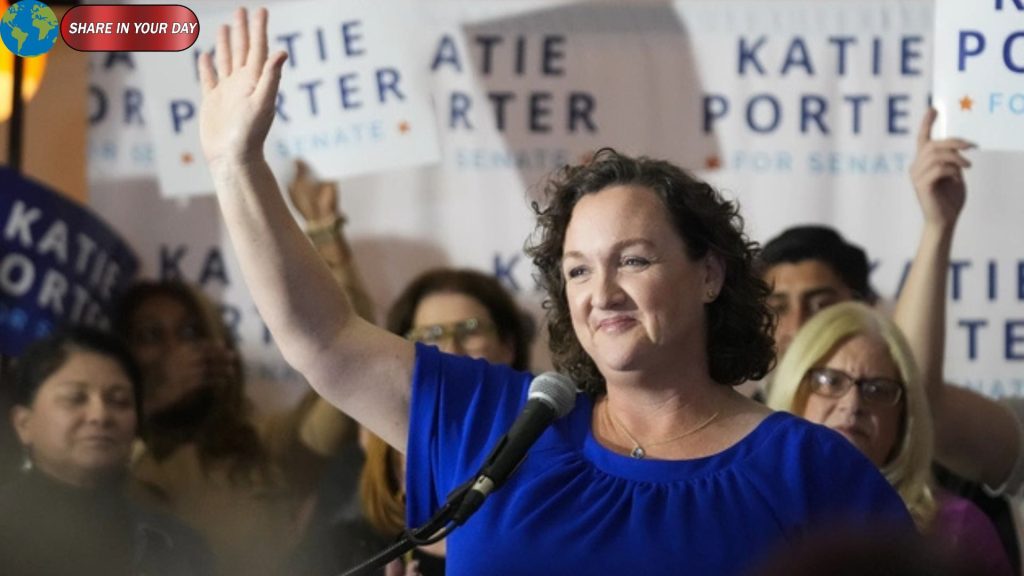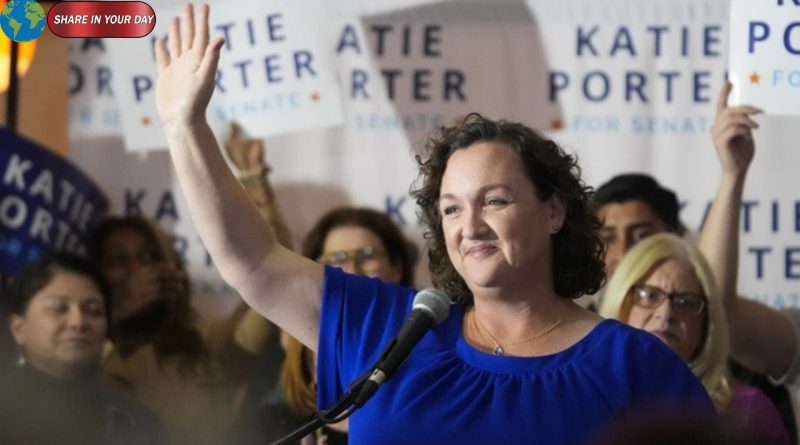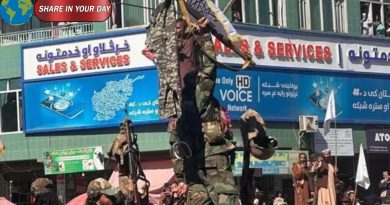Why Politicians Keep Doing TV Interviews — Even When They Backfire
In the high-stakes arena of modern politics, a television interview may seem like a relic — one more vehicle for bluster or scripted talking points. Yet, for many candidates and officeholders, the risk of humiliation doesn’t outweigh the reward of reaching millions live. Even when an interview backfires, the gamble often feels worth taking.
The Appeal of Live TV
Television interviews offer an unmatched immediacy. A well-timed soundbite, a composure under pressure, can define public perception overnight. For politicians, that kind of exposure is invaluable:
- Control of narrative: Sitting down in a formal TV format allows candidates to push their message, frame issues, and counter negative stories on their terms.
- Legitimacy signal: Agreeing to interviews shows a willingness to engage — an implicit promise to voters of transparency and accessibility.
- Reach and amplification: Clips and quotes travel far. Even gruelling exchanges often get replayed on social media, news roundups, and campaign ads.
Professionally coached media teams may counsel restraint, but the pressure to appear “strong” in live moments often wins out.
When the Interview Goes Off Script
But the downside is clear: live TV offers few do-overs. Missteps, evasive pivots, or evident frustration with questions can quickly dominate headlines. Recent weeks have shown how rapidly an interview clip can become “the story” itself, overshadowing policy debates.
Once a negative moment takes root, it’s hard to walk back. Opponents replay, editors clip, social media amplify. The very exchange meant to build credibility can become a vulnerability — especially if it confirms concerns about temperament or authenticity.
Why the Gamble Persists
Despite the risks, political teams continue pushing their candidates into the fire — here’s why:
- You can’t avoid the media cycle. If a candidate refuses interviews, it invites speculation: what are they hiding? It becomes fodder.
- Strategic blocking. A well-executed, tough interview can preempt or blunt harder questions elsewhere.
- Defining moments. In tight campaigns, a good performance can swing momentum; a bad one is dangerous, but often survivable with rapid damage control.
- Demonstrating strength. In highly polarized environments, showing toughness — even in conflict — can appeal to base voters.
How Campaigns Manage the Risks
When candidates do go on air, here are typical safeguards:
- Intense prep: Mock interviews, simulated hostility, “curveball” questions.
- Ground rules: Pre-agreeing on topics off-limits or safe exit phrases.
- Media coaching: Training on bridging, staying calm, steering without evasion.
- Rapid response teams: Once live, digital and communications teams monitor the echo chamber and prepare counter-narratives or clarifications.
Even with this prep, surprises can and do emerge.





